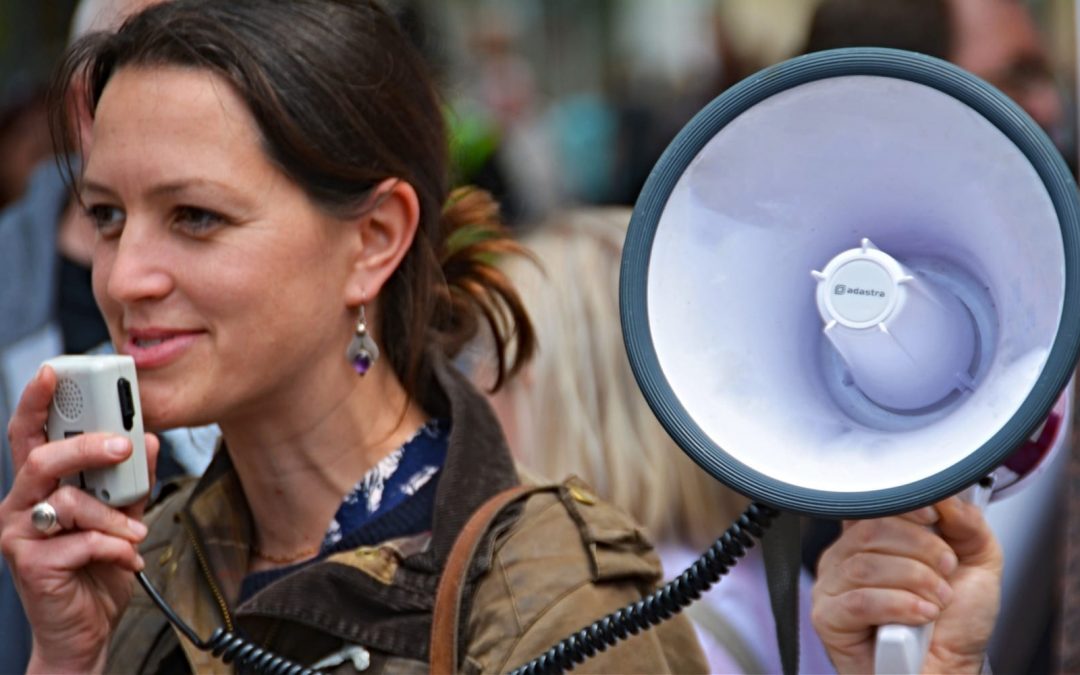A revolutionary holding a book by Donald Trump, riding an eagle and raining money may not be your idea of what freedom looks like – but it is someone’s.
Probably a lot of people’s if democratic votes are to be believed.
For some of us, freedom finds its perfect expression in untrammeled capitalism. For others, in an absence of restrictions on what they might do with their bodies.
Interestingly, proponents of these two views of freedom tend to find themselves on opposite sides of the political divide. Like those who think of freedom as liberation from a hegemonic power and those who see it as a value to be exported at gunpoint.
Competing rights claims in a society that has failed to address the individual-group dynamic mean that freedom for some is a limitation on the freedom of others.
Trans-rights advocates and their opponents know this from their “bathroom wars” in the United States.
Freedom to evangelize on the street may impinge on the freedom to buy a bagel in peace.
The freedom of gay couples to marry occasionally comes into conflict with, of all things, the sacred freedom of bakers.
Questions of freedom are seldom as simple as the slogans, patriotic songs and political rhetoric would have us believe. Freedom rarely comes without cost and danger.
Freedom of speech doesn’t just carry the risk of unpleasant things being said; it guarantees it because popular speech needs no protection.
Freedom of conscience and freedom of assembly mean that sometimes people will mount protests on our streets (or vote in referendums) in support of views we despise.
The freedom from guilt and retribution inherent in God’s grace brings with it more than the danger that we will continue to sin, but the assurance that we will – though hopefully less, or differently.
Freedom is hard. And, as the jingoistic songs say, it isn’t free.
Perhaps this is why we’ve lost our taste for it. Not the shallow, fluffy concept, of course – we love to invoke that particular F-word – but the sacrifice that freedom almost always requires of us, usually that of laying down power and control.
I find this a comforting correlation: freedom with sacrifice. It confirms, at a deep level, the reasonableness of many Christian convictions. And so, the opposition freedom faces currently should not surprise me.
Fascist and quasi-fascist governments taking ever more control; identity politics movements demanding, from the best motives, the power to define who may speak and who should be heard; Baptists no longer concerned with freedom for all and retreating to the enclave of historic privilege and power.
Freedom is perhaps always under threat and, while we should avoid the reactionary assumption of every generation that the values we hold dear are being eroded and attacked, vigilance is still required.
If we truly still believe, as Thomas Helwys did, that freedom is important, we must be willing to defend those who differ from us, to speak out for freedoms we ourselves may never exercise.
It’s an ethos we try to express by having a multiplicity of views in BMS World Mission’s “Mission Catalyst” magazine, which I oversee as editor of the publication.
It’s an approach we encourage at its incarnation, “Catalyst Live,” an event showcasing short talks from the world’s most interesting Christian thinkers every two years, hosted by BMS World Mission.
And it is a truth we all – Baptists and other Christians, believers and unbelievers – need to understand.
Freedom doesn’t mean being comfortable. But the discomfort it breeds is vital, fertile and worth preserving.
Editor’s note: A version of this article first appeared in Issue 1 2019 of Mission Catalyst, a publication of BMS World Mission. It is used with permission.


